The GRADnet Summer School is to take place from the 3rd to 6th July 2017 at the National Physical Laboratory, Teddington.
Who: This school is for physics, and physics related, post-graduate researchers.
When: 3-6 July 2017
Where: National Physical Laboratory, Teddington, Middlesex, TW11 0LW. Free to attend. Accommodation is provided at the Travelodge in Teddington and rooms are en suite twin-bedded rooms (2 people sharing). Travel expenses to and from the venue can be claimed through SEPnet.
Register here. Registration deadline 3 June 2017.
What: A 4-day residential school that explores the wide range of opportunities open to PhD physicists. This intensive school comprises a broad menu of workshops and challenges led by different employers designed to offer students an insight into opportunities beyond their PhD. A consultancy challenge runs throughout the 4 days. High-tech companies come with real problems and invite students, working in teams, to create solutions using the skills they have learnt in their PhD.
Other companies come and offer workshops designed to show what life in a given industry sector type is like and what kind of work is involved.The whole event is threaded through with short sessions led by expert speakers looking at some of the issues that confront those working in science: Outreach, Impact, IPR, Ethics and the like.
Employers participating include: Defence Science and Technology Laboratory, Fourth State Medicine; IBM; National Physical Laboratory; Oxford Instruments; RBA Acoustics; Things We Don’t Know; Surrey Satellite Technology Limited and WP Thompson.
This workshop contributes 16 hours towards physics skills training and 8 hours towards professional skills training.

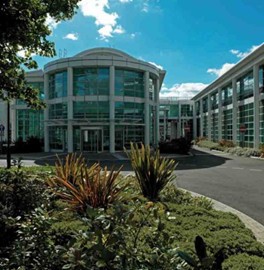
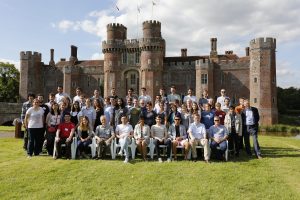
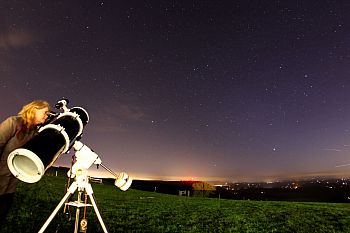
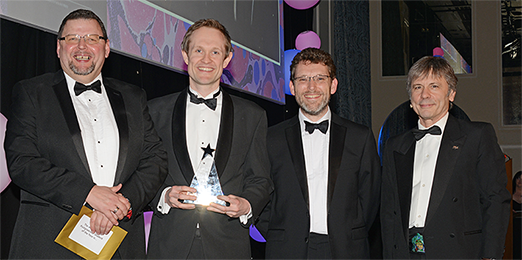
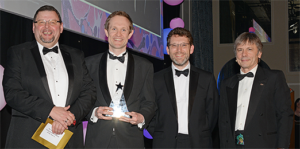
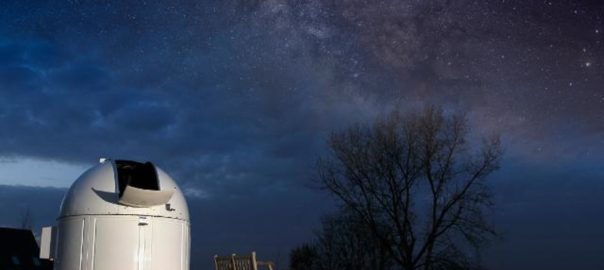
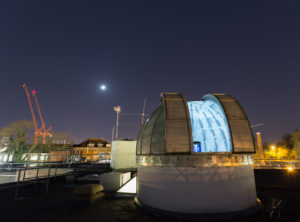
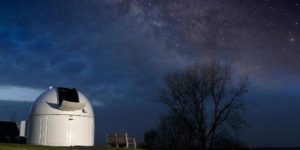 Wednesday 29 March 2017 – Surrey
Wednesday 29 March 2017 – Surrey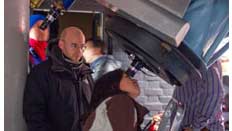
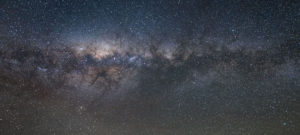
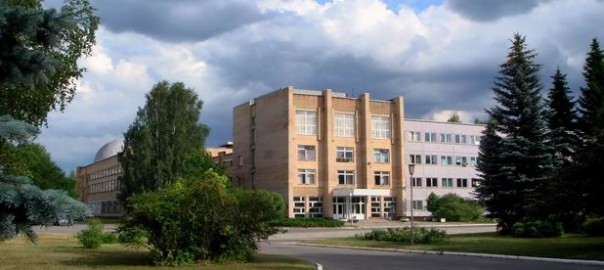


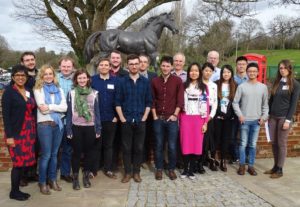
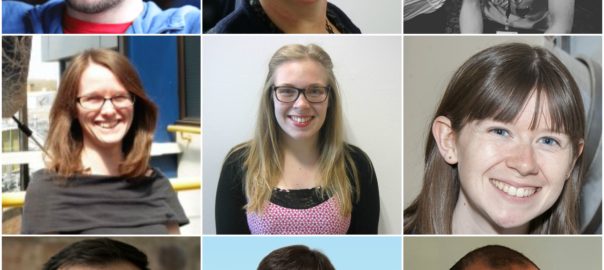

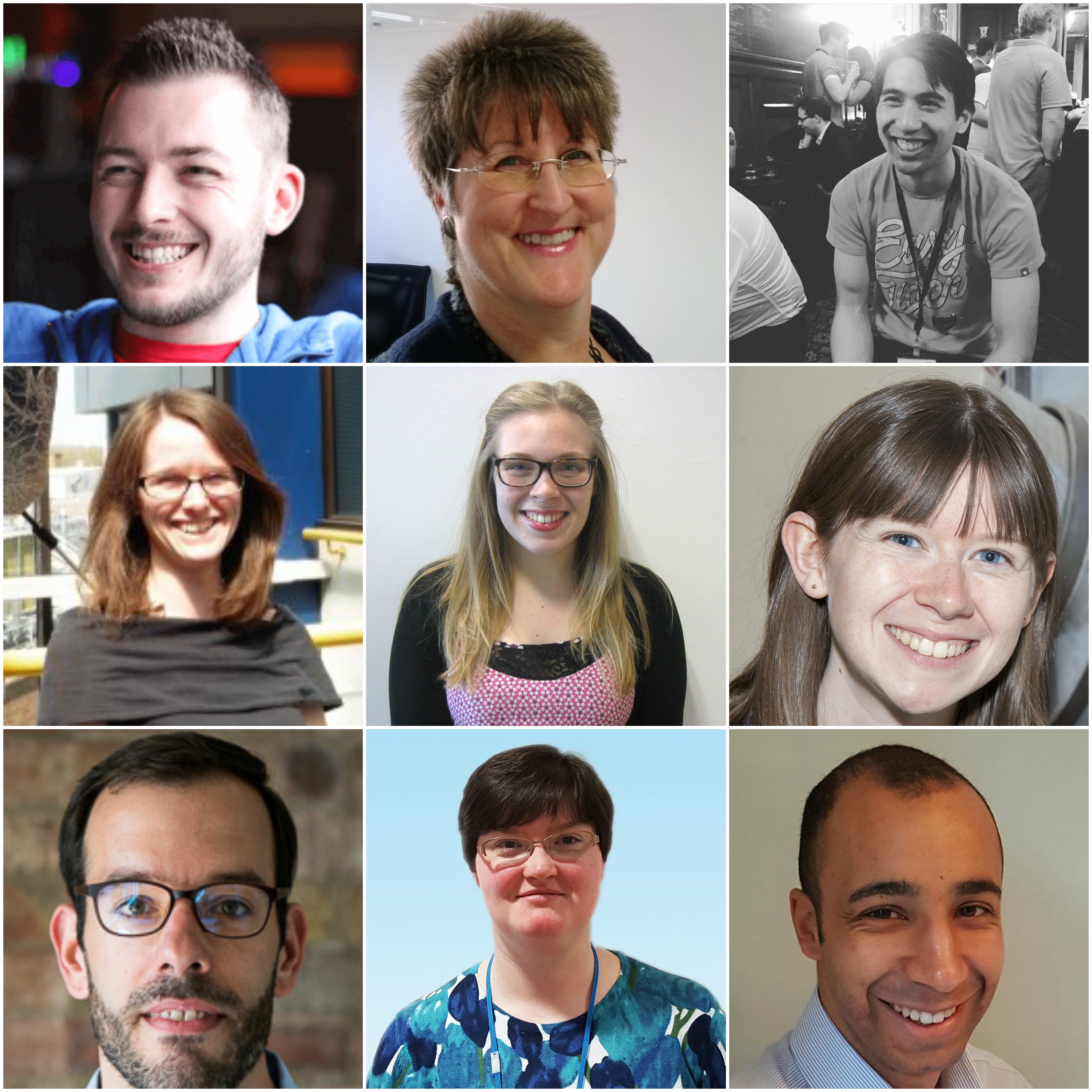 If you would like to use these graduates as Case Studies in your own classroom or outreach activities, you can download the set
If you would like to use these graduates as Case Studies in your own classroom or outreach activities, you can download the set